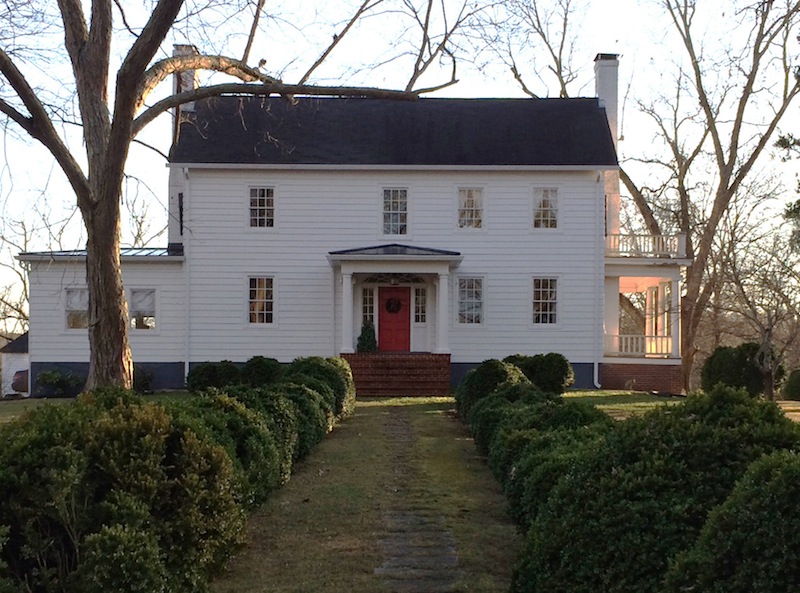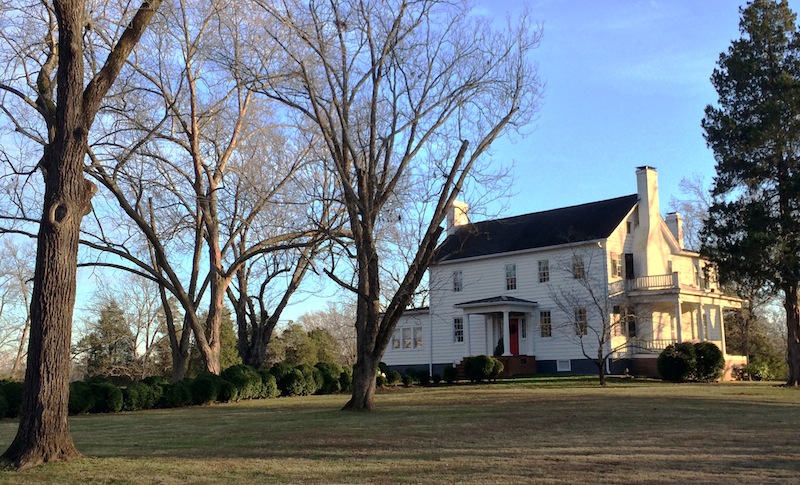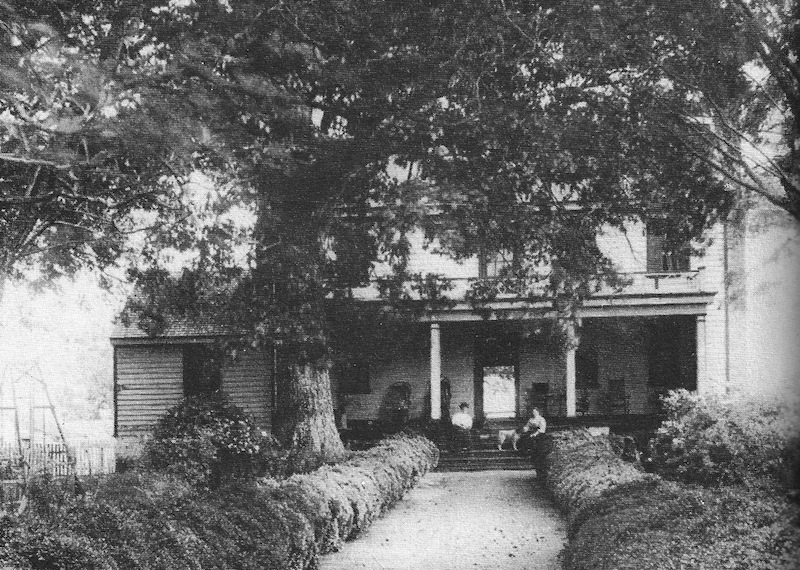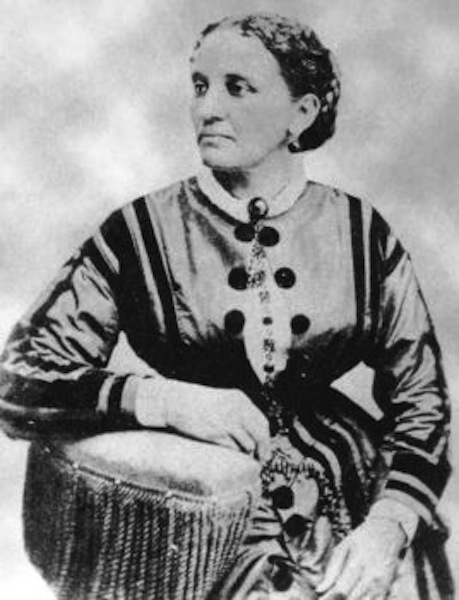Hugh Garland House
*National Register of Historic Places - Boydton Historic District
1550 Jefferson Street, Boydton, Virginia 23917
Hours:
Private home, not open to the public; please respect the homeowners privacy with driveways, etc.
Prior to the war Elizabeth (Lizzy) Hobbs, who would eventually become seamstress and confidante to Mrs. Abraham Lincoln, lived briefly in Boydton as a slave of the Armistead Burwell family. Armistead Burwell (1777-1841) moved his family from Hampden Sydney College, where he had been employed as steward, to Boydton in 1830. However, in a practice common in the slave-holding society, Lizzy as she was known, was "loaned" to Armistead's oldest son, Robert, in 1832, and she was moved out of Mecklenburg County to Hillsborough, North Carolina for what she described as ten unhappy years. About 1842 she was returned to Virginia, and eventually she was relegated to Armistead's daughter, Anne, and her husband, Hugh Garland, with whom she was by her own account happiest at least during her slavery years. She was moved with the family to St. Louis, Missouri in about 1847 where she honed her dressmaking skills while actually supporting the Burwell family, and bought her freedom in 1855. She married while in St. Louis, becoming Mrs. Elizabeth H. Keckly.
Hours:
Private home, not open to the public; please respect the homeowners privacy with driveways, etc.
Where Lizzy lived with the Burwells in Boydton is not known; however, Armistead Burwell's daughter, Anne, and her husband, Hugh, made 1550 Jefferson Street their home while operating the Boydton Female Academy. Possibly the Burwells lived at the Garland house for a time.
Hugh A. Garland (1805-1854) was by profession a lawyer. He represented Mecklenburg County, Virginia, in the House of Delegates from 1833 to 1838. He later served as clerk of the United States House of Representatives from 1838 to 1841 and wrote a biography of John Randolph of Roanoke, which was published in 1850. Scholar, attorney, professor, author and political servant, Hugh was not a businessman. This, coupled with a nationwide depression, resulted in a number of moves and ultimately to St. Louis. There Hugh was one of the defense attorneys whose arguments received favorable ruling in Dred Scott's case in which Scott sued his owner for freedom in the U.S. Circuit Court of the Missouri District. Despite some legal successes in Missouri, financial reward did not come. To make ends meet the family rented out their slaves and, at her own suggestion, had Lizzy work as a dressmaker. His need for money may have led to his agreement to let Lizzy Hobbs Keckly purchase her freedom for $1,200.
Contributor: Carol Corker, Mecklenburg County Civil War Sesquicentennial Committee
(c) Copyright 2014. All Rights Reserved. Designed by Jason Winter ||



